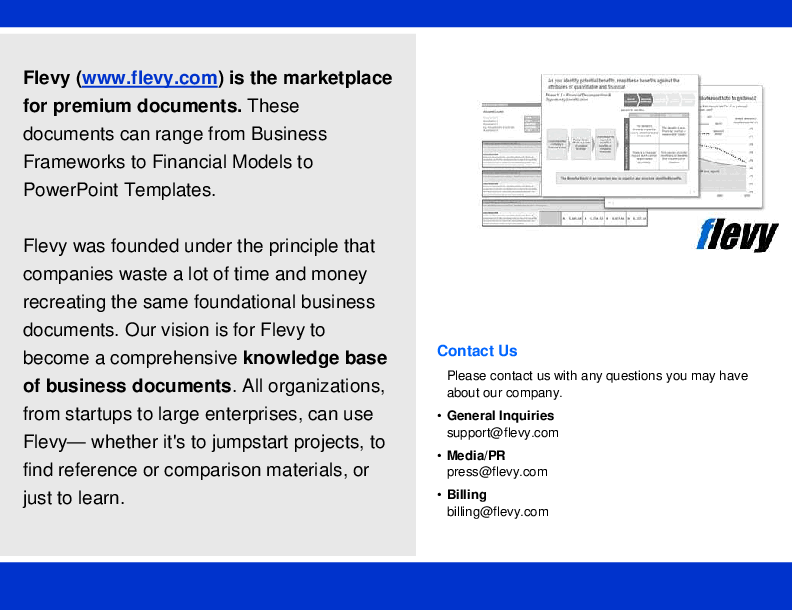Robust Production Management (RPM) Module 3: Complex Planning Calculations (PDF)
PDF document 21 Pages
PRODUCTION PLANNING PDF DESCRIPTION
When it comes to managing teams to "get the job" done while also keeping costs under control, supervisors and managers sometimes err on the side of caution when it comes to scheduling – often thinking, "We've got a lot of extra work to do, so I'd better schedule some overtime." But is overtime always the answer? What if there was a simple way to pinpoint resource needs based on quality and productivity levels, and save money at the same time... even in complex, ever-changing environments? Robust Production Management (RPM) Module 3: "Complex Planning Calculations" can give you an edge as a supervisor or manager... and be a hero at work! "Complex Planning Calculations" is the third module in the Metrilogics RPM management training series – more on the way.
Understanding the definition of process capacity is crucial for optimizing production. By establishing task hourly capacity rates through time studies, managers can accurately determine the maximum average number of quality output units for any given task. This approach ensures that tasks are completed steadily by skilled and motivated subject matter experts, leading to more predictable and efficient production outcomes.
Managing to capacity rather than quota has tangible financial benefits. Historical reliance on quota rates often leads to overestimation of resource needs. By shifting focus to capacity rates, strategic management teams can identify significant cost savings. For instance, the difference in planned annual costs when managing to capacity versus quota can be substantial, as evidenced by savings of $275,375. This method not only optimizes resource allocation, but also reduces avoidable over-crewing costs.
Deriving direct hours requirements in a complex operating environment involves factoring in both quality and productivity rates. Managers can better plan resource work requirements by considering these variables, which minimizes premium overtime costs. For example, with an average productivity rate of 85%, a manager needs to plan for 6.54 direct hours of work time to complete 5.00 quality work credit hours. This precise calculation helps in maintaining high productivity levels while controlling costs effectively.
Got a question about the product? Email us at support@flevy.com or ask the author directly by using the "Ask the Author a Question" form. If you cannot view the preview above this document description, go here to view the large preview instead.
Source: Best Practices in Production Planning PDF: Robust Production Management (RPM) Module 3: Complex Planning Calculations PDF (PDF) Document, Lance Latham








